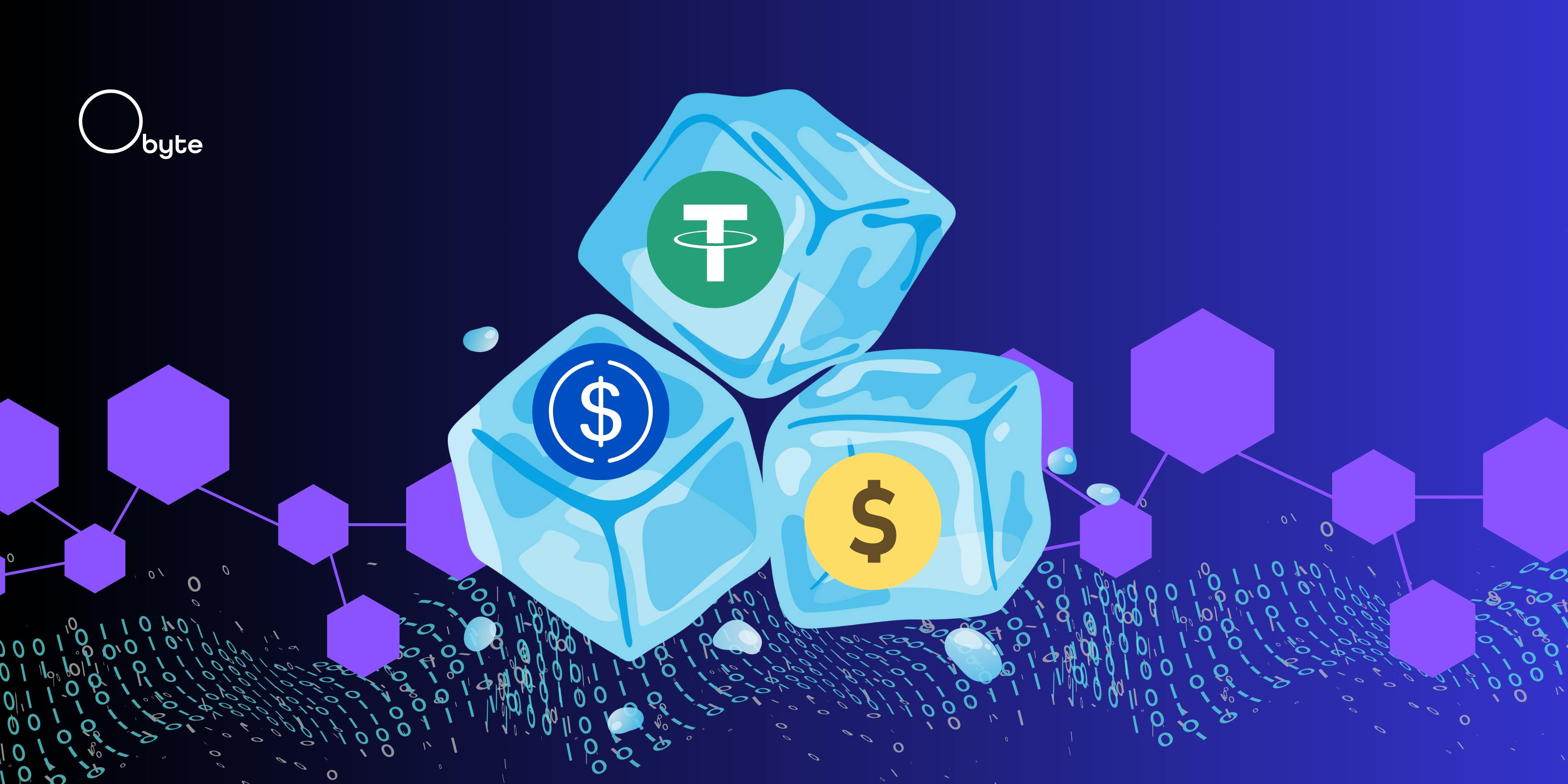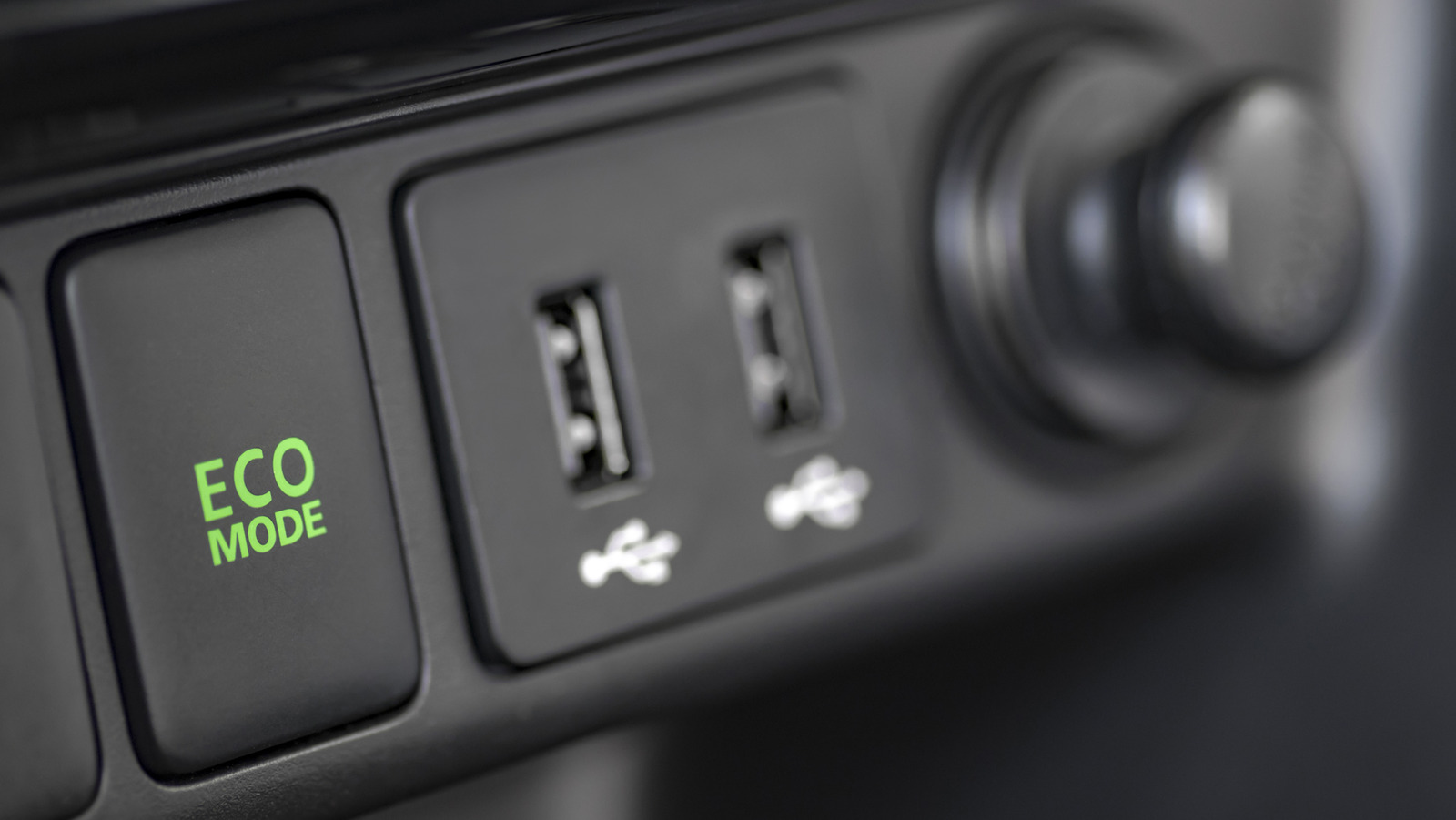Did you know that not all “crypto” is created equal? A lot of people assume that once they buy a cryptocurrency, it’s theirs —safe from interference. But here’s the catch: some coins are built in a way that allows companies or even governments to freeze or seize your funds, no matter how strong your password or wallet security is.
If you’re holding something like Tether (USDT) or USD Coin (USDC), your coins can be stopped in their tracks. So, let’s break down what it actually means for a coin to be centralized or decentralized, and why this distinction can affect your financial freedom.
What Does ‘Centralized’ Mean in Crypto?
In the crypto world, centralized coins are those controlled by a specific company or entity. That group can decide the rules and change them. For example, USDC is issued by Circle, and USDT is issued by Tether Ltd. Both companies can freeze any address holding their stablecoins if they choose. And they’ve done it —
Centralized coins rely on smart contracts or systems that can be modified by the issuer, and they often do this to comply with law enforcement requests, fight scams, or freeze stolen funds. That may sound reasonable, but the problem is that they can also freeze your funds if they see fit, for any reason.
And here’s a twist: sometimes even coins running on seemingly “decentralized” blockchains get censored. A big example is
If you thought Ethereum was supposed to be decentralized… well, not exactly. While Ethereum is permissionless in theory, it still depends on so-called “validators” to process transactions. These “validators” (many of whom are regulated companies or run by big players) can be pressured to block or censor transactions. So yes, even on Ethereum, transactions can be blocked depending on what you’re trying to do or the whims of certain governments.
So just having a crypto wallet or using a “blockchain” doesn’t guarantee freedom or control. You need to look under the hood and ask who’s in charge of that coin or network. In this case, understanding the difference between centralized and decentralized coins isn’t just tech jargon: it’s about how much control you have.
Decentralized Coins in Action
Now let’s talk about decentralized coins. They’re the ones that really align with the original vision of crypto: no bosses, no middlemen, no single point of failure. When a coin is truly decentralized, no one can decide to freeze your funds. Not a company, not a government, not even the developers. That’s because decentralized networks rely on code, not human approval.
Talking about stablecoins like USDT and USDC, we can mention USDS from Sky (
Beyond stablecoins, one project that takes freedom seriously is
Not your keys?
Another important point to consider is about
But here’s an important point: just holding the private keys to your wallet may not be enough.
Let’s say you self-custody USDT on your hardware wallet. You have your seed phrase (private keys), so you supposedly have full control of your funds —but Tether Ltd can still freeze your USDT. Why? Because USDT lives on a smart contract controlled by them, not you. They work, essentially, the same way as a bank.
So, to truly be in control, you need both: controlling your private keys and using decentralized coins, where the network itself doesn’t have middlemen (like companies or “validators”) that can override you.
However, you don’t need to swear off centralized coins entirely. They can be useful, especially for trading or accessing dollar-pegged value. But if you’re serious about sovereignty and freedom, start learning how to manage your own keys and pick coins and networks that walk the talk on decentralization —like Obyte.











